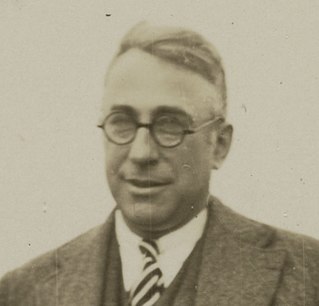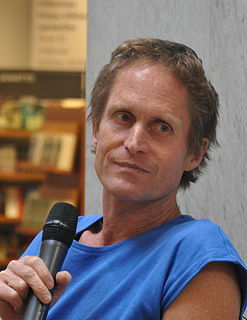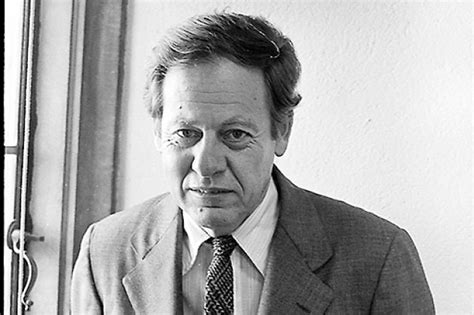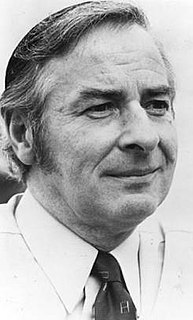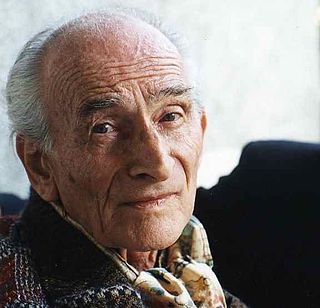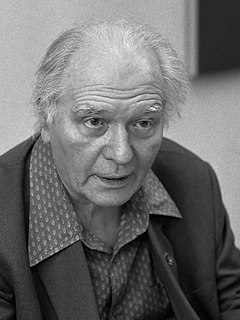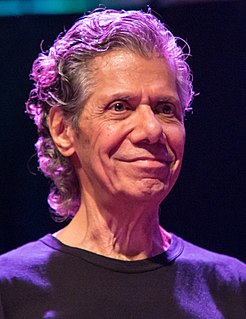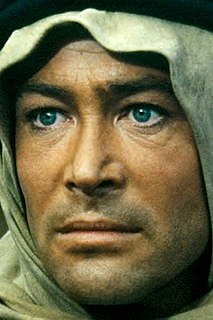A Quote by John Erskine
Music is the only language in which you cannot say a mean or sarcastic thing.
Related Quotes
When we say 'time', I believe we mean at least two things. We mean changes. And we mean something unchangeable. We mean something that moves . but against an unmoving background. And vice versa.Animals can sense changes. But consciousness of time involves the double sense of constancy and change. Which can only be attributed to those who give expression to it. And that can only be done through language, and only man has language.The perception of time and language are inextricably bound up with one another.
One way to think about what psychedelics are is as catalysts for language development. They literally force the evolution of language. You cannot evolve faster than your language because the language defines the culture of meaning. So if there's a way to accelerate the evolution of language then this is real consciousness expansion and it's a permanent thing. The great legacies of the 60's are in attitudes and language. It boils down to doing your own thing, feeling the vibe, ego-trip, blowing your mind.
That is a horrible thing in a way, but it is the one thing poets can bring back to experience, this intense focus on language, which activates words as a portal back into experience. It's a mysterious process that's very hard to articulate, because it's focused entirely on the material of language in a way, but in the interests not just of language itself whatever that would mean - that's the mistake, by the way, that so many so-called "experimental" poets make - but in service to human experience.
Philosophy [nature] is written in that great book which ever is before our eyes -- I mean the universe -- but we cannot understand it if we do not first learn the language and grasp the symbols in which it is written. The book is written in mathematical language, and the symbols are triangles, circles and other geometrical figures, without whose help it is impossible to comprehend a single word of it; without which one wanders in vain through a dark labyrinth.
